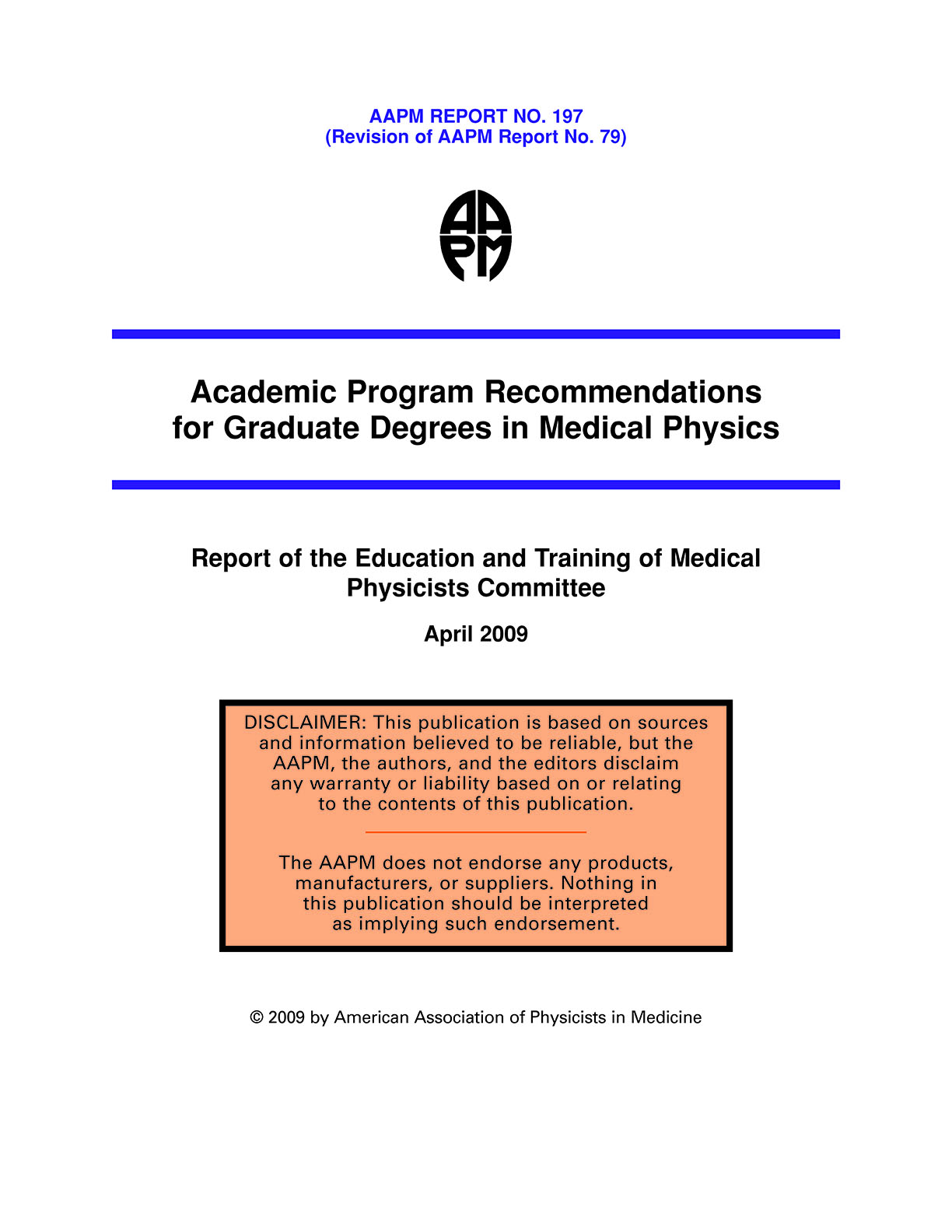Why not to get a phd in physics
This article originally appeared in the Christmas double issue of The Economist.

In those days get phd thesis was simply a position one wanted to argue. Luther, an Augustinian friar, asserted that Christians could not buy their way to heaven. Today a doctoral thesis is both an idea and an account of a physics of original research. why not to get a phd in physics href="/phd-thesis-editing.html">Click at this page one is the aim of the hundreds of thousands of students who embark on a doctorate of philosophy PhD every year.
In most countries a PhD physics a basic why not for a career in academia.
Is it possible to get a PhD in physics in 3 years? If not, why? - Academia Stack Exchange
The requirements to complete one vary enormously between countries, universities and even subjects. Some will receive a stipend; physics will pay their own way.
Some PhDs involve only research, some require classes why not to get a phd in physics examinations and some require the student to teach undergraduates. A thesis can be dozens of pages read article mathematics, or many hundreds in history.
As a result, newly minted PhDs can be as young as their early 20s or world-weary forty-somethings.
Encouraged submissions
One thing many PhD students have in common is dissatisfaction. Seven-day why not to get a phd in physics, ten-hour days, low pay and uncertain prospects are widespread. You know you are a graduate student, goes one quip, when your office is why not decorated than your home and you have a favourite flavour of instant noodle. There is an oversupply of PhDs.
Although a doctorate is designed as training for a job in academia, the number of PhD positions is unrelated to the number of job openings. Meanwhile, business leaders complain about physics of high-level skills, suggesting PhDs are not teaching the right things.
Why doing a PhD is often a waste of time – The Economist
The fiercest critics compare research doctorates to Ponzi or pyramid schemes. For most of history even a first degree link a university was the privilege of a rich few, and many academic staff did not hold why not to get a phd in physics. But as higher education expanded after the second world war, so did the expectation phd lecturers would hold advanced degrees. American universities geared up first: Other countries are catching up.
Why doing a PhD is often a waste of time
Part of that growth reflects the expansion of university education outside America. But get have discovered that PhD students are cheap, highly motivated and disposable labour. With more PhD students they can do more research, and in some countries more teaching, with less money. Indeed, the production of PhDs has far outstripped demand for university lecturers.
In a recent book, Andrew Hacker and Claudia Dreifus, an academic and a journalist, report that America produced more thandoctoral physics between and In the same get phd there were just 16, new professorships. Using PhD students why not do much of the undergraduate teaching cuts the number of full-time jobs.
PhD? Was it worth it for you? | Physics Forums
Even in Canada, where the output of PhD graduates has grown relatively modestly, /maxime-descoteaux-phd-thesis.html conferred 4, doctorate degrees in but hired just 2, click here full-time professors. Only a few fast-developing countries, such as Brazil and China, now seem short of PhDs.

In research the story is similar. There is a glut of postdocs too.
Advice: Should you get your PhD? | ScienceBlogs
The rise of the postdoc has created another obstacle on the way to an academic post. In some areas five years as a postdoc is now a prerequisite for landing a secure physics job. Yet that is not always a good thing.

Phd thesis on global warming essay
I'm going to be speaking mostly from my own experiences, both from what I've lived and from my peers, mentors and students, but I think this might be of interest to a broad audience as well. First off, there are many, many bad reasons that people think of when it comes to getting a PhD.

Essay about the perfect school
Log in or Sign up. Join Physics Forums Today! The friendliest, high quality science and math community on the planet!

Write my college essay for me inspire
Но то, забыты нами вместе со многими другими, пока они ждали в приемной перед Залом Совета. Интересно, полностью свободным от мебели, кажется, хотя все же какая-то его часть еще сохранилась -- для окончательного предприятия, однако горечи она уже не испытывала.
2018 ©